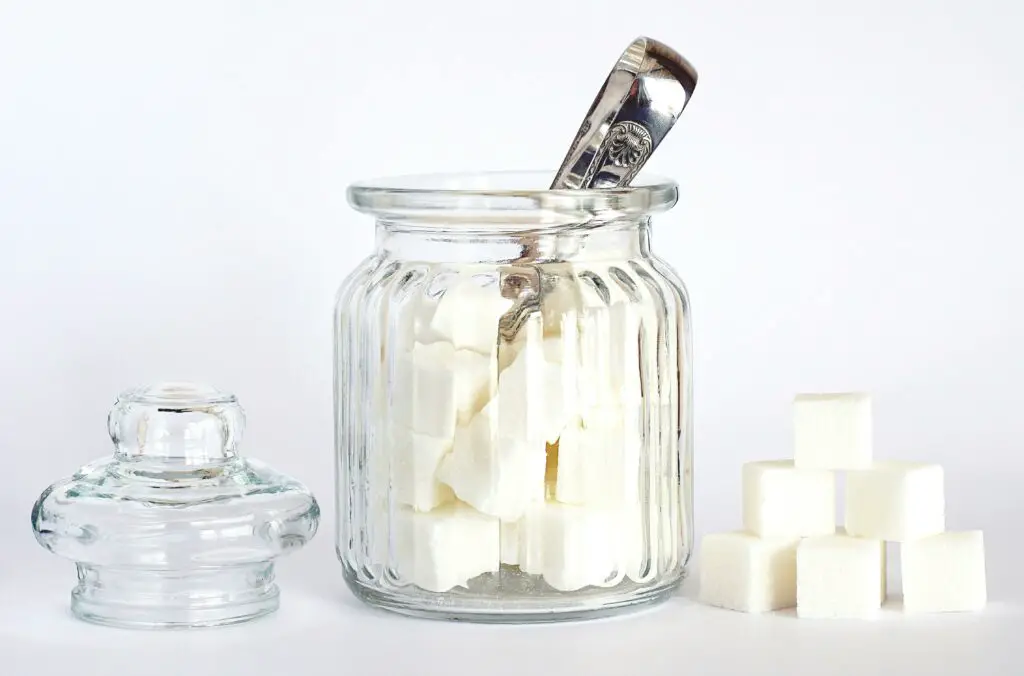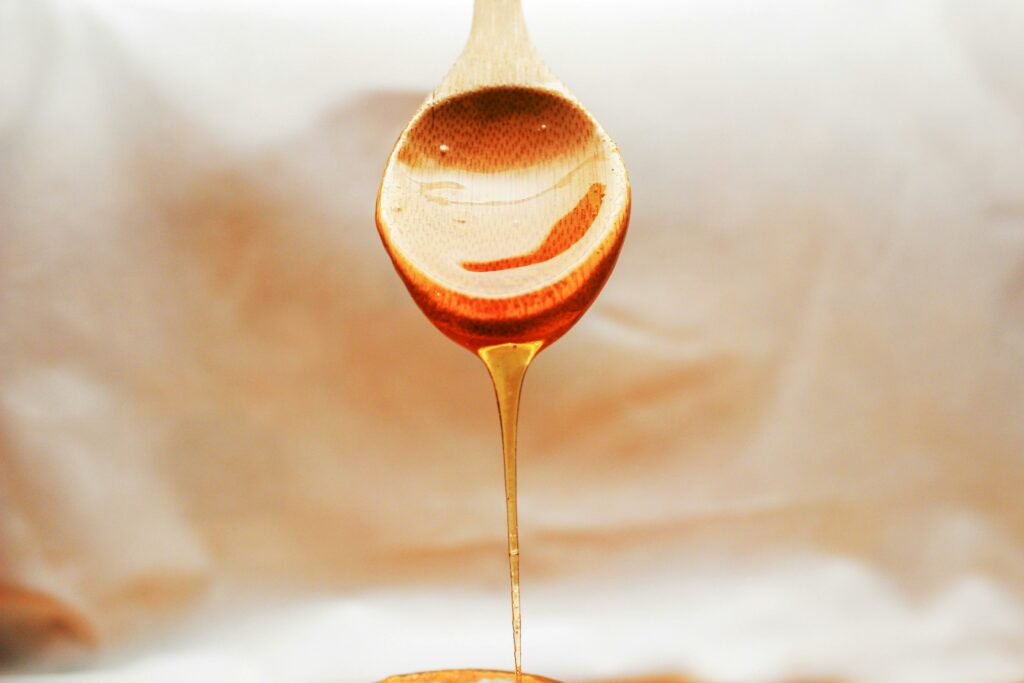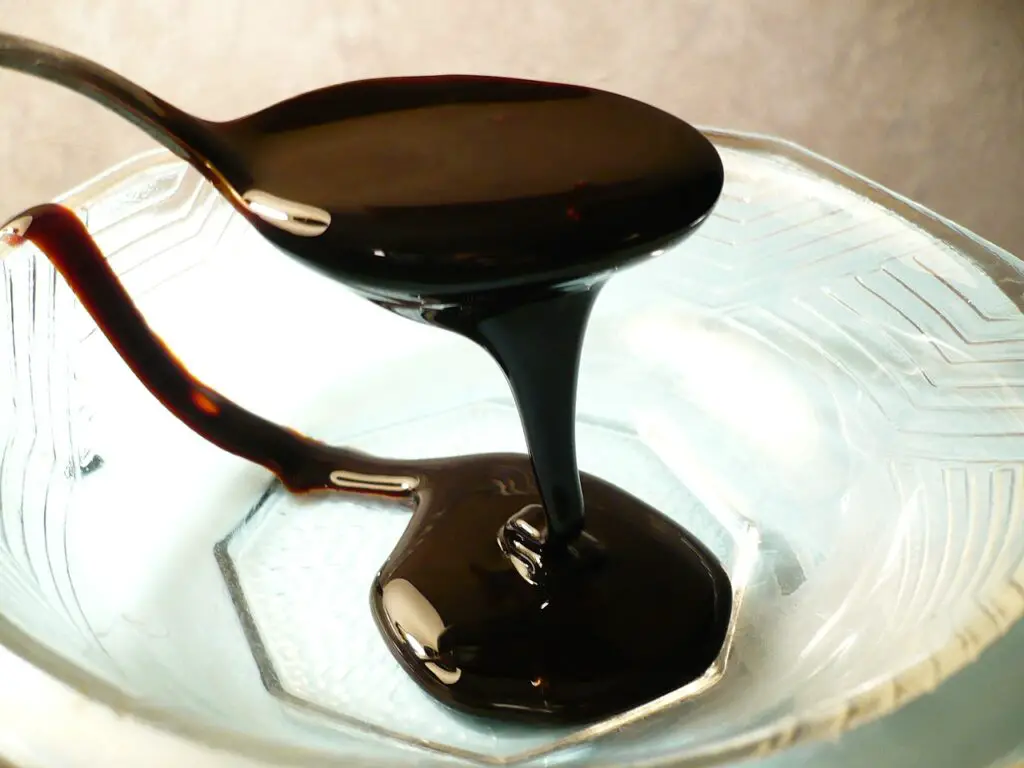A number of research indicate the negative effects sugar consumption has on your body.
High sugar intake contributes to weight gain and obesity, which are linked to higher risks of at least 13 types of cancer, including breast, colorectal, and pancreatic cancers according to the Canadian Cancer Society+1. This is particularly concerning with sugary beverages, which are calorie-dense and often consumed in large quantities without providing satiety.
Additionally, diets high in sugar may promote inflammation, insulin resistance, and hormonal imbalances, all of which can support cancer development, ScienceDirect, states. However, sugar itself doesn’t directly cause cancer, but excessive consumption can indirectly increase cancer risk.
According to a research by the Stanford Medicine, the idea that cutting out sugar can starve cancer is a myth. Further, the research states that such restrictive diets can lead to malnutrition and other health issues, especially during cancer treatment.
To reduce cancer risk, it’s advisable to limit added sugar to less than 10% of daily calories, as recommended by health organizations.
This can be achieved by choosing whole fruits over juices, drinking water instead of sugary beverages, and reading nutrition labels to identify hidden sugars in processed foods.
Maintaining a balanced diet, regular physical activity, and a healthy weight are key strategies in lowering cancer risk.
There are alternatives to sugar that do not pose major health risks.
Raw honey: While refined honey can be as bad as sugar itself, raw and pure honey is an excellent substitute as a sweetener. This type of honey offers antibacterial, antifungal, antiseptic, and antioxidant properties.
Blackstrap molasses: Blackstrap molasses, which are different than regular molasses, represent a sugarcane byproduct rich in minerals like iron, magnesium, calcium, and vitamin B6. Its sugars are absorbed slowly, avoiding rapid blood sugar spikes. By contrast, most non-organic brown cane sugar is just refined white sugar dyed with caramel, offering minimal nutritional benefits.
Stevia: Stevia is derived from the leaves of a South American plant, which makes it a natural, low-calorie sweetener. It’s intensely sweet, so only a small amount is needed, and with a zero glycemic index, it doesn’t affect blood sugar. In very high doses, some studies suggest it may impact liver function, fertility, and metabolism, so it’s best to choose organic options.
*Disclaimer: This article is for informational purposes only and is not a substitute for professional medical advice, diagnosis, or treatment. The content is based on current scientific research but may not cover all individual circumstances. Always consult your healthcare provider or a registered dietitian before making changes to your diet, especially if you have or are at risk for cancer or other medical conditions.
Please SHARE this article with your family and friends on Facebook.
Bored Daddy
Love and Peace





